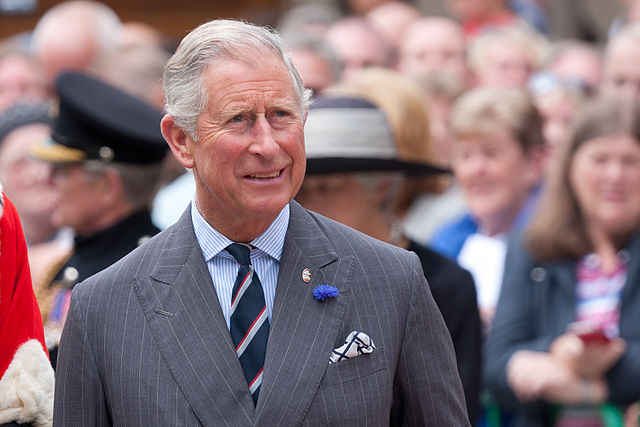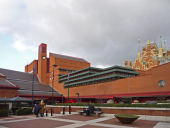
King Charles is in the final weeks of planning for his coronation, but his most trusted advisers are already sketching out the contours of his reign, dubbed the new
Carolean age. The tension between the traditions of the monarchy and the pressures of Buckingham Palace to take a lead on current issues, such as Brexit, climate change and devolution, is expected to define his reign. In an attempt to include non-Christian faiths, the King’s plans for a “diverse” coronation represent the start of a transition from a “magical” monarchy to a public service monarchy, according to Sir Vernon Bogdanor, Professor of Government at King’s College London. Bogdanor believes that the monarchy could only survive by being seen to serve the public, and believes that King Charles has a 10-year plan, which might culminate in a staged abdication, serving as a “King Father” after William ascends the throne.
Modernisers around the King argue that given his age, he should aspire to be a high-profile and high-impact monarch, with ambitions to tackle issues such as climate change and income disparities. King Charles is an environmental campaigner, and modernisers believe that he has the credentials to depoliticise environmental issues, which are too visionary for short-term politicians to tackle. Alongside the Prince and Princess of Wales, Charles is expected to address the issue of income disparities and the rise of food banks. Furthermore, the Duke of Edinburgh Award scheme is likely to receive a reboot to bring it in line with The Prince’s Trust, Charles’s charity, which helps young people access jobs, education and training.
King Charles is also expected to play a role in stabilising the devolutionary debate, supported by William in Wales and Prince Edward as Duke of Edinburgh in Scotland. During his visit to Germany, the King began to shift emphasis away from the Commonwealth towards the European Union, with Downing Street hoping that the King, alongside his elder son and daughter-in-law, will help ease relations with the continent after Brexit and boost trading relations. However, given the late Queen’s love of the Commonwealth, the King has emotional reasons to maintain relations with the dominions, with a visit to India currently being discussed as a possible early visit.
The key to King Charles’s success will be the dexterity with which he balances the monarchy’s values of continuity, stability and security with his more ambitious and radical instincts. His advisers hope that he will be a high-profile, high-impact monarch at home and abroad, owning policies and tackling issues, rather than just sitting on the throne. King Charles will have to balance the centuries-old traditions of the monarchy with the expectations of Buckingham Palace to take a lead on current issues.
According to sources close to the Royal Family, King Charles is expected to be more involved in Middle Eastern affairs than his mother was, which could include visits to Gulf monarchs and greater engagement with Chinese dissidents. In addition, if the war in Ukraine continues, the King is likely to increase his supportive rhetoric for President Zelensky.
As Prince of Wales, Charles established a reputation for a public service monarchy. He recognized that the monarchy could not survive solely by being seen, but had to be seen to be contributing to society. His charities, particularly The Prince’s Trust, have made significant contributions in helping young unemployed individuals and members of ethnic minorities who are to some extent disfranchised by the political system.
Sir Vernon, a commentator on the Royal Family, praised Charles for his soft power, citing his recent state visit to Germany as an example. According to Sir Vernon, the visit helped to heal the wounds of Brexit and proved that the monarchy still has significant influence in foreign affairs, enabling Britain to exert greater influence.
Despite the King's strong ties to the Commonwealth, Sir Vernon downplayed the notion that Charles would become a "King Father." He noted that Charles, like his mother, would never abdicate as he recognizes that the role of head of state in Britain is a lifetime commitment.
In addition to his duties as monarch, Charles has expressed a keen interest in the arts. He is an amateur painter, cellist, and has a great love for classical music and Shakespeare. Sir Vernon suggested that the monarchy could play an important role in encouraging the arts, just as it did in the 18th century.
Overall, the King's reign is expected to be marked by a continued emphasis on public service and contributing to society, particularly in areas such as youth employment and ethnic minorities. With his interest in the arts and his potential involvement in foreign affairs, King Charles could continue to play a significant role in shaping the monarchy's future. Photo by Dan Marsh, Wikimedia commons.



































